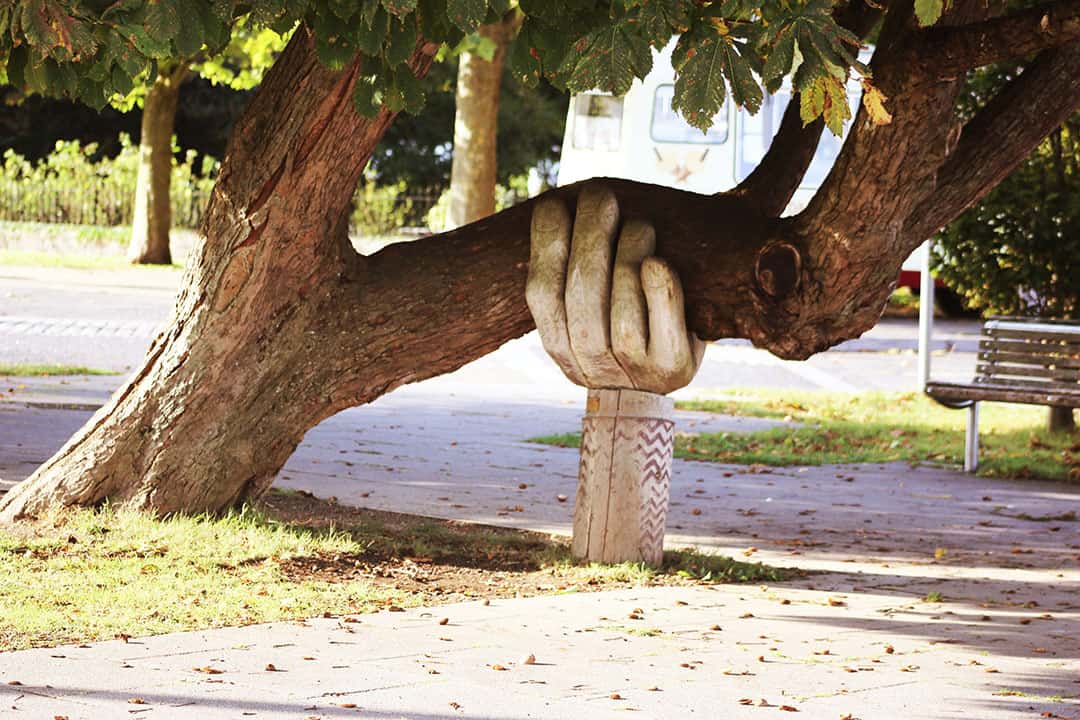As with most mental health disorders, there is so much we can do to help our nearest, dearest and that person who always chooses to stay aloof from the crowd.
As we have discussed this month, anybody could be suffering from social anxiety disorder (SAD). It’s not that they don’t enjoy being social, since some can have extroverted as well as introverted qualities in their personalities, but they can be feeling fearful, self-conscious or hyper-aware of what others think of them. As with most mental health disorders, there is so much we can do to help our nearest, dearest and that person who always chooses to stay aloof from the crowd. Here are some of our favourites:
- Be Courteous
It is so very easy to stick with the people we know and are comfortable with, or even sometimes give in to the gossip about that weird person in the corner of the room who never really mingles or is super awkward. It’s also so easy to be judgemental, or jump to conclusions about why someone is behaving the way that they are – even if you do know who the person is.
Well, try to change that. Be the one who says ‘Hi’ or ‘Salaam’ first, and don’t feel disheartened if the exchange is awkward or not what you expect. Being friendly and positive can encourage the person with SAD to overcome their reluctance or anxiety, and you never know – you may end up with a very close lifelong friend who sees the world through different eyes.
Sometimes, it could be that you know someone who is on the verge of a panic attack or suffering with SAD. In these situations, you can be courteous by distracting them with a game or activity, like going out for a walk or going in for some alone time until they are feeling better. Remember not to encourage them to avoid social situations altogether because that would be as good as helping them become a loner. A good piece of advice is trying to gather up their courage in the face of anxiety.

- Check your words
Everyone has a go-to phrase that they use when faced with anxiety or awkwardness. For example, asking the person to ‘Calm down’, or asking ‘Why do you feel anxious?’. Sometimes when someone confides about their doubts and insecurities, and they are met with a response like, ‘Don’t be crazy!’ or ‘Don’t be silly’ or ‘Everybody is way too busy in their lives to notice’. Other times, we can become low-key critical of them by saying, ‘You’re too quiet’ or ‘You need to loosen up!’
These responses actually do not help the situation in any way. In fact, it may induce anger or increase anxiety in some cases. Don’t worry though – we know it’s difficult to get the right response, so here are some of things you can do and say:
- Ask them if they need some help, and what you can do. If they say there’s nothing you can do, then don’t force the matter as it may make things worse.
- When the anxiety has passed, ask them if they want to talk about it. Asking their consent is a way to show that you respect them and that the decision is entirely theirs if they wish to confide in you.
- Be empathetic and honest with them. If you don’t understand what they’re going through, then don’t say that you do and tell them how important they are to you. For example, ‘I really care for you’ or ‘I really want to help, even if it’s doing something small’.
- Instead of asking them why they are anxious, ask them how they are feeling. Strong emotions are part and parcel of this disorder, and releasing them is very healthy and beneficial to the person. So, if they’re crying, let them. Screaming into a pillow also helps, and so does making a list of their feelings.

- Work with their feelings and emotions
Having an anxiety disorder can mean having irrational thoughts and reasonings, so responding to this in a logical and reasonable way almost never helps the situation. What you can do instead is accept their feelings of anxiety and distress, and work with their emotions in a kind and patient way. A good thing to do is to remind them that the feeling of distress is temporary, and it will pass – but don’t nag them or become very repetitive about this. It’s important to remember that when working with emotions, one has to be very, very patient. Losing your temper, snapping or making rash comments can aggravate the situation. In this way, you can work with your emotions as well as theirs – a twofer!
- Read. Read.
In every post we make about how to help others or oneself with mental health issues, this is a must do! It’s cheap to google the disorder and learn more about it, or watch a movie, or read a book, or ask that counsellor or psychologist you know. Knowledge and understanding are ever-lasting tools in a person’s armoury, and they can change the way we perceive the world.
Don’t underestimate the power of knowledge and a non-judgemental perspective.

- Help is a four-letter word, so is hope
If you know someone who has SAD or who you suspect has SAD but has not been diagnosed for any reason, then invoke your four-letter word sincerely:
‘By the power vested in me by Allah (SWT), I will help this person if they so accept my help.’
You could help by making a doctor’s appointment, going to a support group session, having a research-day together to get more info on SAD and all the self-help material available online. You can even just be a shoulder to lean on and do absolutely nothing. That also counts as help, and with every bit of help, that hope (that is often too far away for someone with SAD or any mental health problem) can finally shine through again.





